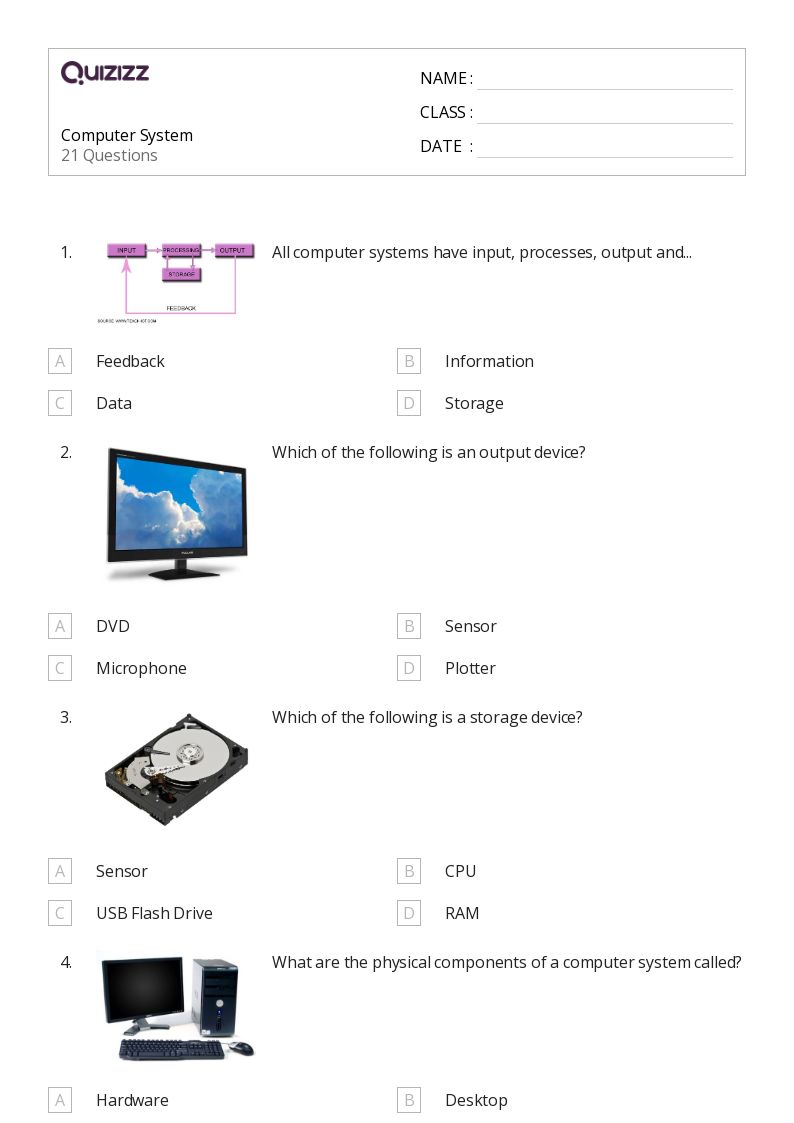
30 Q
11th

20 Q
11th

10 Q
11th

23 Q
11th

10 Q
11th

10 Q
11th

16 Q
11th - 12th

20 Q
11th - Uni

15 Q
11th

17 Q
11th

19 Q
11th

10 Q
11th - 12th

20 Q
11th - 12th

12 Q
9th - 11th

14 Q
11th

10 Q
9th - 11th

13 Q
11th - 12th

15 Q
11th

21 Q
9th - 11th

15 Q
11th - 12th

10 Q
11th - 12th

21 Q
9th - 11th

15 Q
11th - 12th

22 Q
9th - 11th
Explore Other Subject Worksheets for class 11
Browse resources by Grade
Explore printable the reproductive system worksheets for 11th Class
The reproductive system worksheets for Class 11 are an essential resource for teachers who want to provide their students with a comprehensive understanding of the human reproductive system. These worksheets, designed specifically for Class 11 Science and Biology classes, cover various topics such as the anatomy and physiology of the male and female reproductive systems, the menstrual cycle, fertilization, and embryonic development. Teachers can use these worksheets as a supplement to their lesson plans, allowing students to practice and reinforce their knowledge through engaging activities and exercises. By incorporating the reproductive system worksheets for Class 11 into their curriculum, teachers can ensure that their students have a solid foundation in this crucial aspect of human biology.
In addition to the reproductive system worksheets for Class 11, teachers can also utilize Quizizz, an online platform that offers a wide range of interactive quizzes and learning resources. Quizizz allows teachers to create customized quizzes based on the content of their worksheets, enabling students to test their knowledge and receive instant feedback. This platform also offers various other resources, such as flashcards, study guides, and interactive games, which can help students further explore and understand the topics covered in their Science and Biology classes. By combining the use of the reproductive system worksheets for Class 11 with the engaging and interactive features of Quizizz, teachers can create a dynamic and effective learning environment that caters to the diverse needs and learning styles of their students.
